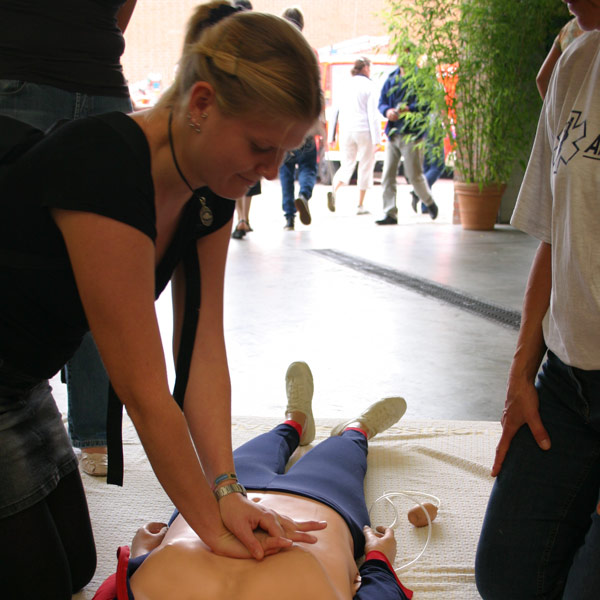
WEDNESDAY, Jan. 20 (HealthDay News) — Assessing whether you are in poor, moderate or ideal cardiovascular health takes just seconds, thanks to a new American Heart Association measure of health factors and behaviors.
The seven-point checklist is part of a heart association program designed to improve U.S. cardiovascular health by 20 percent and reduce deaths from cardiovascular disease and stroke by 20 percent.
The program for children and adults, published online Jan. 20 in Circulation, includes well-known recommendations on diet, exercise, smoking and other risk factors, but there’s more, said Dr. Clyde W. Yancy, medical director of the Baylor Heart and Vascular Institute and president of the heart association.
“Collectively, when these health factors and healthy behaviors are found in aggregate in one person, the effect on markers of health and healthy outcome are remarkable,” Yancy said. “Your chance for meaningful longevity with good quality of life is substantially increased.”
The U.S. death rate from heart attack, stroke and other cardiovascular conditions has been reduced by 35 percent, with half of that improvement because of better preventive measures, Yancy said.
“By packaging these seven components together, it is possible to see a further 20 percent reduction in deaths from heart attack and stroke and also improve cardiovascular health,” he said.
In a recent survey, 39 percent of Americans said they had ideal heart health, yet 54 percent of those folks said they had been told by a health professional that they had at least one risk factor for heart disease and/or needed to make a lifestyle change. This suggests that many people don’t connect lifestyle behaviors like inactivity and poor diet with cardiovascular disease, the association said.
For adults, the seven goals for achieving ideal cardiovascular health are:
- Never smoked or quit more than a year ago.
- Body mass index, a measure based on weight and height, less than 25.
- Physical exercise — at least 150 minutes of moderate intensity or 75 minutes of vigorous intensity each week.
- At least four key components of a healthy diet, such as fewer calories, more fruits and vegetables, and oily fish, such as salmon, four times a week.
- Total cholesterol lower than 200.
- Blood pressure below 120/80.
- Fasting blood sugar below 100.
Cardiovascular health is graded as poor, intermediate or ideal depending on how an individual scores in the seven areas, dubbed “Life’s Simple 7.”
“This strategy of seven simple steps makes it a lifestyle-worthy approach,” Yancy said.
The goals and assessment chart can be accessed online at www.heart.org/MyLifeCheck. The Web site also tells how to improve your status and track your progress toward better health.
“What’s exciting about this is that the American Heart Association is dedicated not only to preventing the ravages of heart disease but also to promoting cardiovascular health in general,” said Dr. Donald M. Lloyd-Jones, associate professor of medicine and chair of preventive medicine at Northwestern University Feinberg School of Medicine, and lead author of the scientific statement.
“Very strong scientific evidence shows us that the package of all seven is the fountain of youth for your life,” Lloyd-Jones added.
Is any one factor more important than the others?
“Since we’re talking about not just heart disease but also stroke, heart failure and peripheral arterial disease, much of what is driving cardiovascular disease today is obesity,” Lloyd-Jones stated.
More information
Cardiovascular risk factors are described in detail by the American Heart Association.

